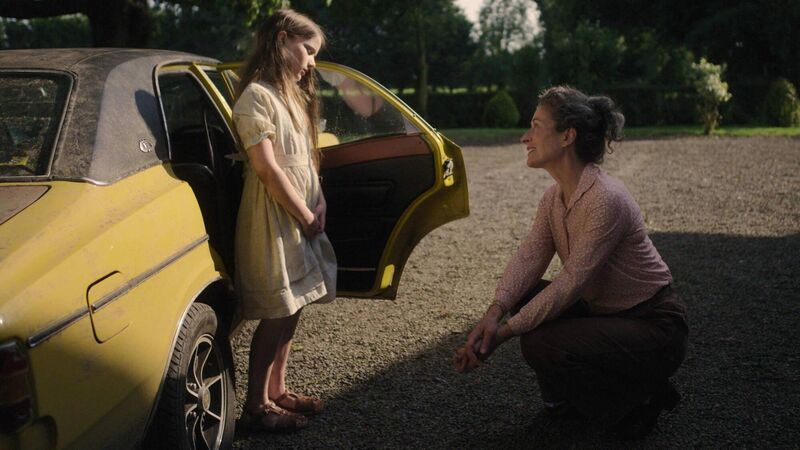An Cailín Ciúin continues the quiet rise of Irish-language cinema

Catherine Clinch and Carrie Crowley in An Cailín Ciúin.
It’s the little Irish movie that’s gathering international momentum - and further proof that Irish-language cinema is having a moment. Following on the successes of films like Black ’47, Arracht and Song of Granite, An Cailín Ciúin (The Quiet Girl) is released this week to strong advance buzz and rave reviews.
Set in 1980s Ireland, the movie virtually swept the boards at this year’s Irish Film and Television Awards and tells the story of Cáit, a young girl from a dysfunctional home, who is sent to live with relatives for the summer.







